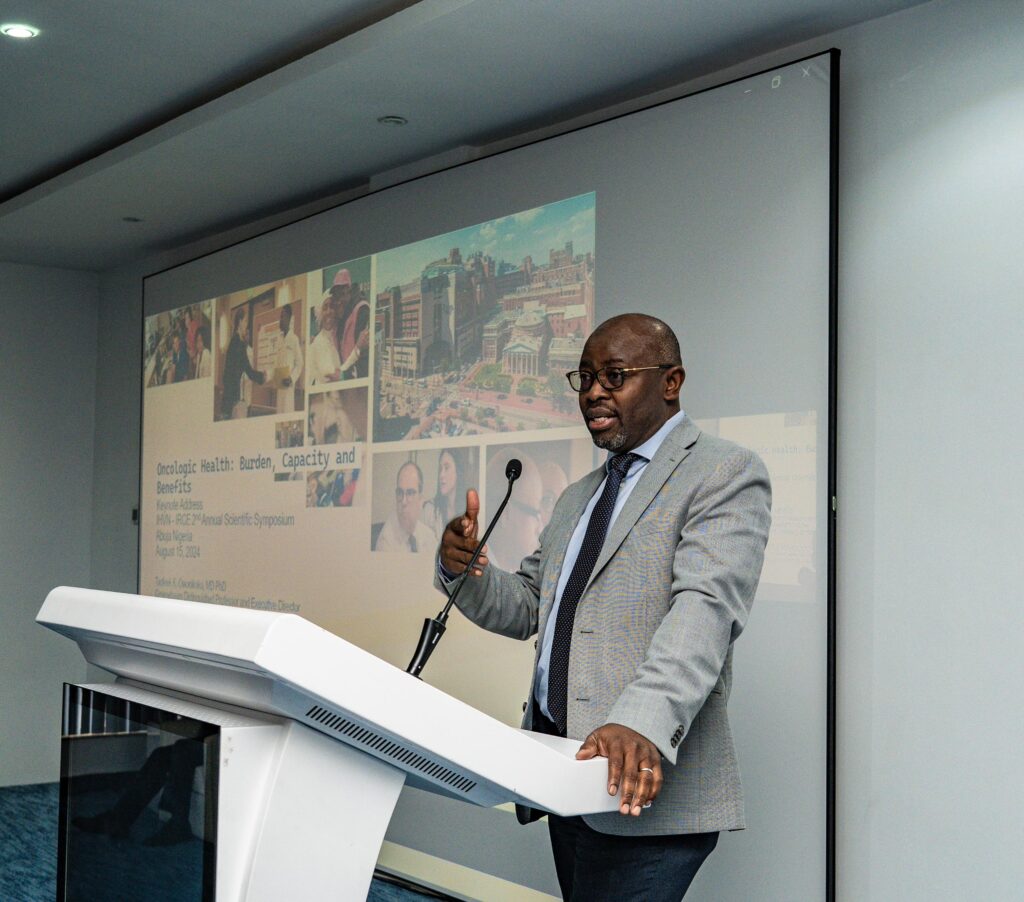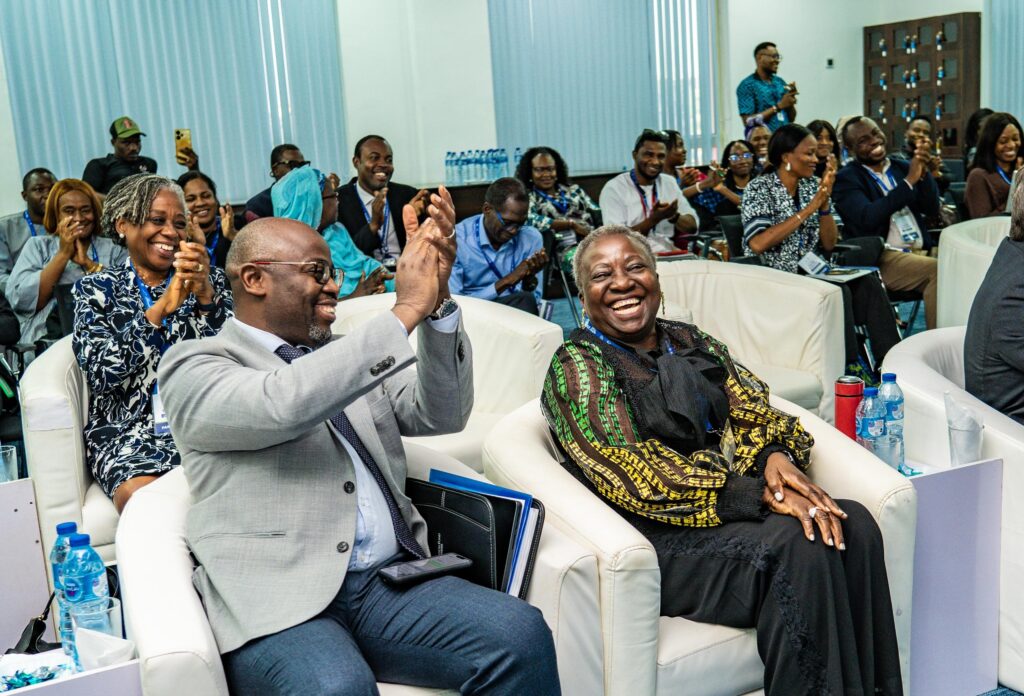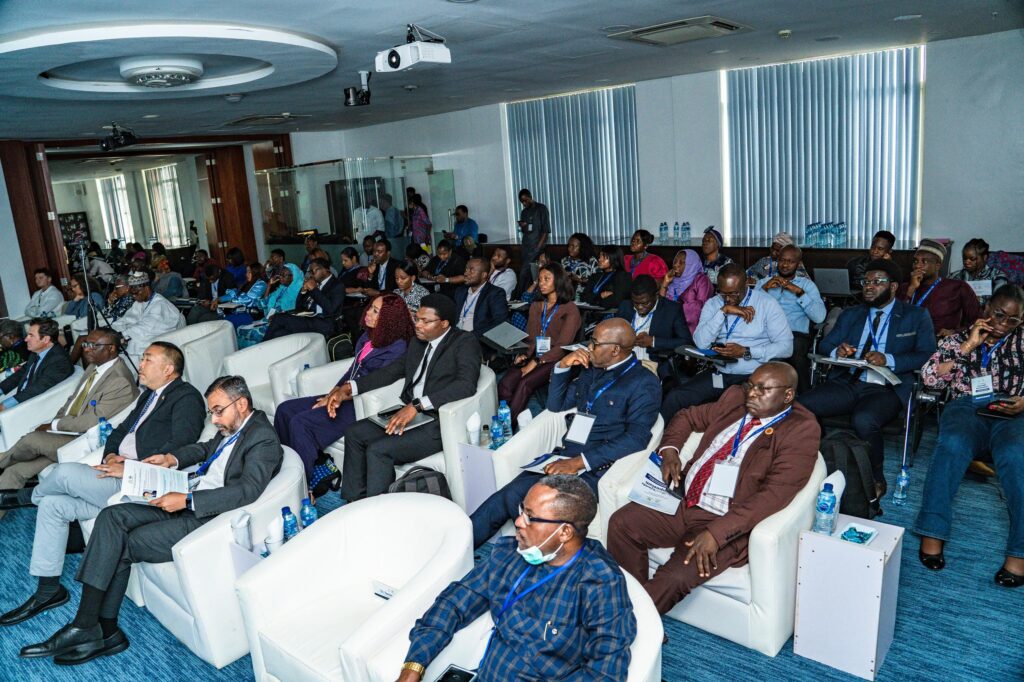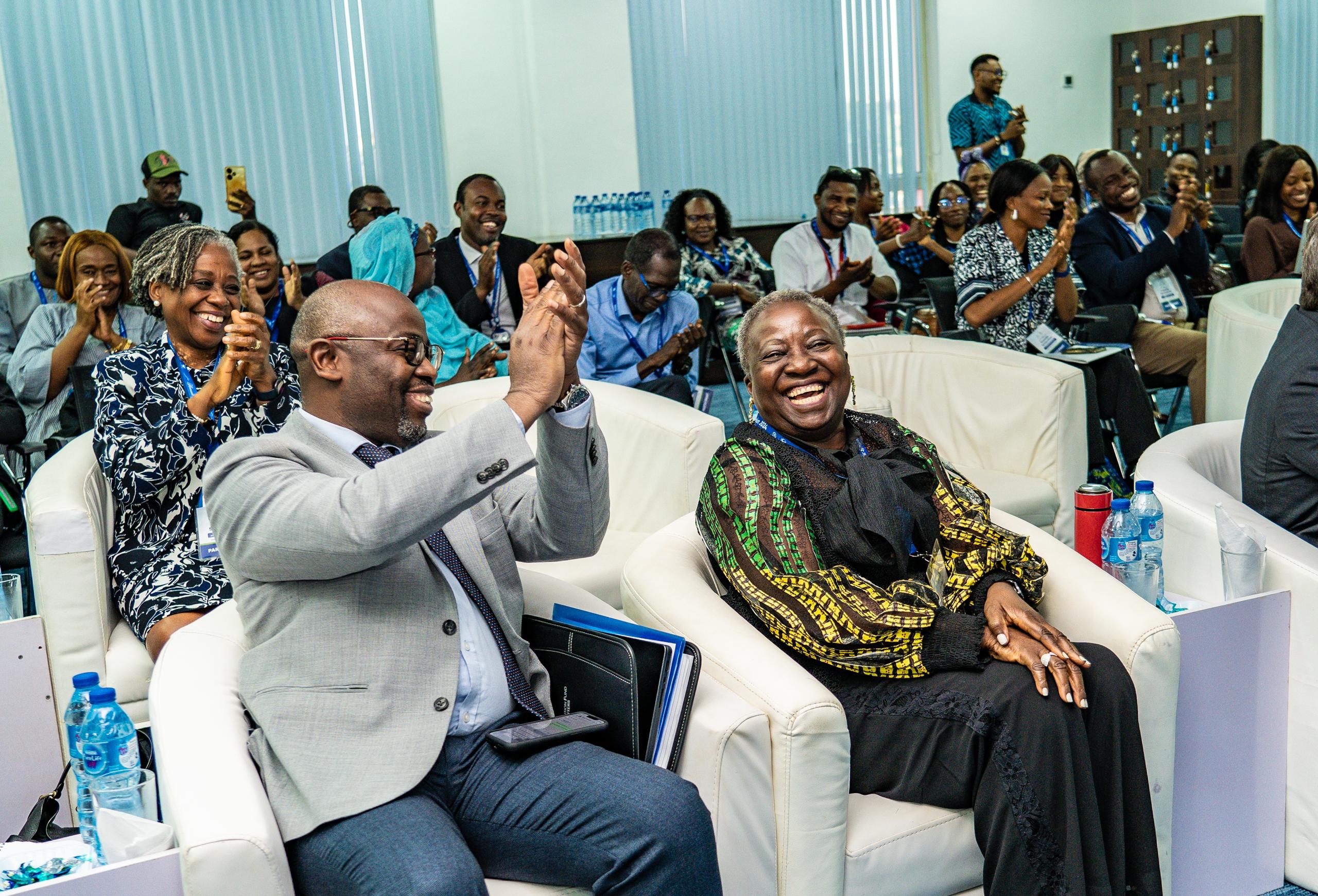The Executive Director of the University of Maryland Marlene and Stewart Greenebaum Comprehensive Cancer Center, Dr. Taofeek Owonikoko has stressed the need for a national plan and policy to address the growing cancer challenge in the country.
Dr. Owonikoko said this at the International Research Center of Excellence (IRCE) 2nd Annual Scientific Symposium on Sickle Cell and Cancers in the country.
He noted that “there are pockets of expertise around the different states of the country but it does not seem as if we have a national plan and policy to help build those pocket of expertise and infrastructure or a strategic plan on how to tackle that challenge in the next five, ten, twenty years.”
He added that there is a need for interaction among stakeholders and policy makers to make plans about cancer prevention, treatment and care.
Dr. Owonikoko, who is a specialist in medical oncology, hematology and internal medicine, made a presentation at the symposium on “Oncologic Health: Burden, Capacity and Benefits.”
According to Globocan 2020 Statistics, breast, prostrate and cervical cancers have the highest numbers of new cases and estimated number of deaths in Nigeria.
However, Dr Owonikoko encouraged patients not to lose hope. “The last thing that leaves a person is hope. There is always hope and hope is not just in terms of advanced treatment. The hope is that people care about the problems they have. We may not have solutions today but scientists are working day and night to find that solution.”
The second day of the symposium focused on oncology and cancer care and research. There were discussions on improving cancer research in Nigeria, expanding access to oncology care and diagnostic infrastructure for cancer research.
Dr. Owonikoko, who currently serves as an elected board member and treasurer-elect of the American Society of Clinical Oncology, chaired the roundtable panel discussion on cancer care research by private sector and researchers.
Also, at the symposium which held at the IHVN Campus in Abuja, IRCE Executive Director, Prof. Alash’le Abimiku said that researches should benefit the citizens of Nigeria.
“The focus of the conference on sickle cell and cancers is a strategic move to expand to non-communicable diseases because not all of the health challenges we have in the country is as a result of HIV, tuberculosis and malaria. We are still working on infectious diseases that can cause outbreaks like COVID-19 but it is very important for us to look an non-communicable diseases,” she said.




